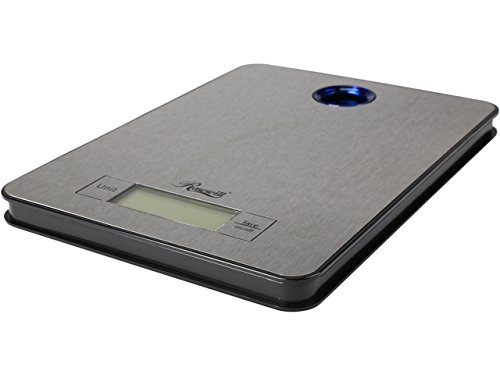随着科技的进步,电子词典日益普及,但传统印刷词典是否会被取代成为了一个热议的话题。电子词典具有便捷性、实时更新等优点,但也存在依赖电力、阅读体验可能不如纸质书籍等缺点。尽管电子词典在特定场合有其优势,但传统印刷词典仍具有不可替代的地位。电子词典与传统印刷词典各有优劣,未来两者将共存发展,电子词典不能完全取代传统印刷词典。
In recent years, the rise of technology has transformed the way we interact with information. This transformation has also extended to the realm of dictionaries, with the advent of electronic dictionaries that are becoming increasingly popular. However, will these electronic dictionaries replace traditional print dictionaries? The answer to this question is complex and depends on various factors.
Firstly, electronic dictionaries offer numerous advantages that make them a convenient and practical choice for many users. One of the main advantages is their portability. Electronic dictionaries can be easily carried around in smartphones, tablets, or laptops, allowing users to access their dictionary wherever they go. This is particularly useful for students and professionals who are always on the move and need to look up words quickly.
Secondly, electronic dictionaries provide instant access to a vast amount of information. With just a few taps or clicks, users can find definitions, examples, and even related words and phrases. Some advanced electronic dictionaries also come with voice features, allowing users to hear how a word is pronounced. This level of interactivity and accessibility is not possible with print dictionaries.
However, despite the growing popularity of electronic dictionaries, there are several reasons why print dictionaries will continue to exist and even thrive in certain contexts.
Firstly, print dictionaries offer an authenticity and a sense of ownership that many people still value. Holding a physical book in your hands and flipping through the pages gives a sense of satisfaction and accomplishment that cannot be replicated by an electronic device. For many, this experience is irreplaceable.
Secondly, print dictionaries are often more reliable and less susceptible to technical issues. While electronic dictionaries can be easily updated and revised, there is always the risk of technical problems such as battery failure, device malfunction, or internet connectivity issues. In such situations, a print dictionary can be a lifesaver.
Moreover, print dictionaries are often more detailed and comprehensive than electronic versions. While electronic dictionaries provide instant access to a vast amount of information, they often lack depth and may not include certain nuances or historical perspectives on words. Print dictionaries often provide a more comprehensive view of words, including their origins, histories, and related phrases.
Lastly, there is a place for both electronic and print dictionaries. While electronic dictionaries are perfect for quick lookups and on-the-go learning, print dictionaries are still valuable for deep research and detailed analysis. The two can complement each other, providing users with a comprehensive and diverse way of accessing language information.
In conclusion, it is unlikely that electronic dictionaries will completely replace print dictionaries in the foreseeable future. Both have their own unique advantages and disadvantages, and both cater to different needs and preferences. As technology continues to evolve and the way we interact with information changes, it is likely that both electronic and print dictionaries will coexist and evolve alongside each other.
In the end, the real question is not whether electronic dictionaries will replace print dictionaries but rather how both can be effectively used to enhance language learning and research. With the right blend of technology and traditional methods, we can create a more comprehensive and diverse language learning experience for everyone.




 京公网安备11000000000001号
京公网安备11000000000001号 京ICP备11000001号
京ICP备11000001号
还没有评论,来说两句吧...